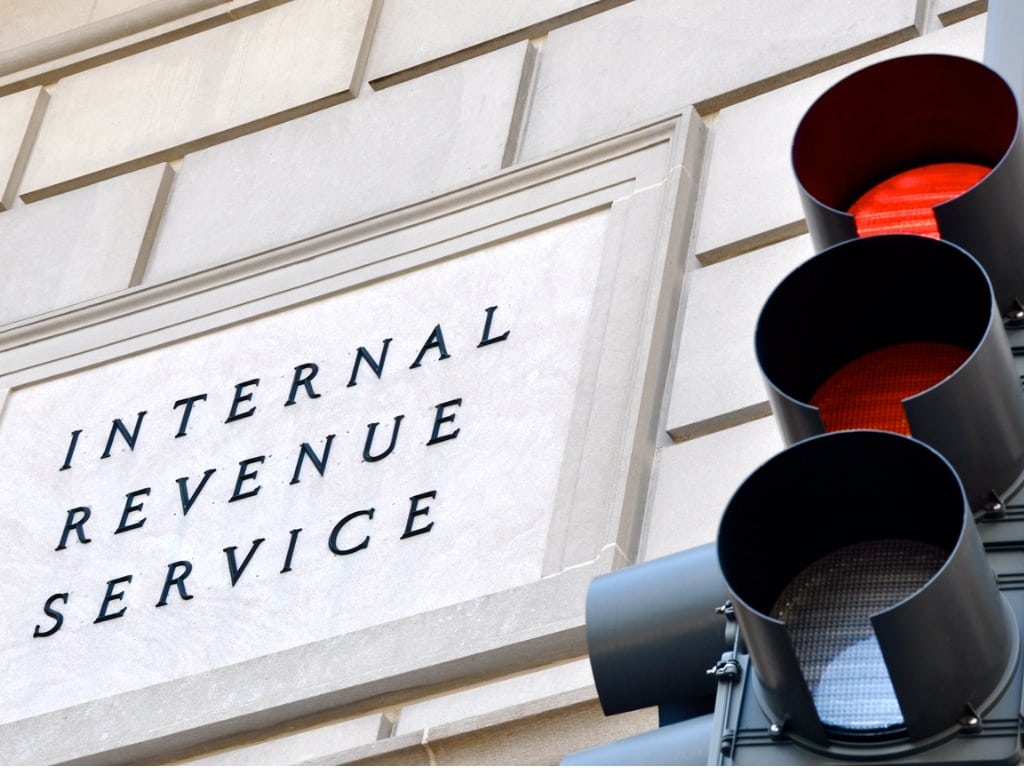On July 2, the U.S. Supreme Court vacated a DC Circuit ruling in the Internal Revenue Service (IRS) whistleblower case Lissack v. Commissioner. In light of the landmark Loper Bright decision, the Supreme Court has remanded the case back to the DC Circuit.
The case has drawn the attention of whistleblower advocates, who have argued that the case presents an opportunity for courts to correct the standard of review used for determinations made by the IRS Whistleblower Office.
Michael Lissack blew the whistle on improper tax deductions made by a condominium development corporation. His disclosure led to the collection of $60 million in unpaid taxes. The IRS Whistleblower Office denied Lissack’s whistleblower award claim on the basis that his disclosure did not allege the specific violations which the IRS took action on. Lissack appealed the denial to the Tax Court, which upheld the denial. The DC Circuit then affirmed the Tax Court decision, writing that “a whistleblower whose information may have ‘substantially contributed’ to a fruitless action against a person is not entitled to share proceeds from a distinct action against that same person that did not draw on the whistleblower’s information.”
However, both the Tax Court decision and DC Circuit decision cited the Supreme Court’s 1984 decision in Chevron v. Natural Resources Defense Council in ruling that the IRS regulation which served as the basis of the award denial was a reasonable interpretation of the statute.
With Chevron overturned, Lissack will have another opportunity to argue that his award denial is based upon a regulation which is a proper statutory interpretation.
In an amicus brief filed with the DC Circuit, National Whistleblower Center (NWC) argues that the U.S. Tax Court erred in its ruling on Lissack’s award case because it applied an “arbitrary and capricious” standard instead of a de novo review of the case. This means that instead of giving a fresh look at the facts of the case, the Tax Court narrowly reviewed whether or not the IRS Whistleblower Office’s decision was arbitrary or capricious or otherwise an abuse of discretion.
“A review of the statute through its legislative history and relevant context leaves no doubt that the meaning of the words in the statute’s text when adopted by Congress meant to provide for de novo review for [whistleblower award] claims,” the brief states. “It is certainly not an overstatement to say that the future success of the IRS Whistleblower Program is in the hands of this Court,” the brief further claims. “To allow the IRS to have full discretion over the decision-making process for rewarding these whistleblowers without appropriate judicial review would result in an inevitable chilling effect on the IRS Whistleblower Program.”
Further Reading:
SCOTUS Revives Whistleblower’s Claim After Chevron Overturned
Advocates Argue for De Novo Review of Tax Whistleblower Cases
